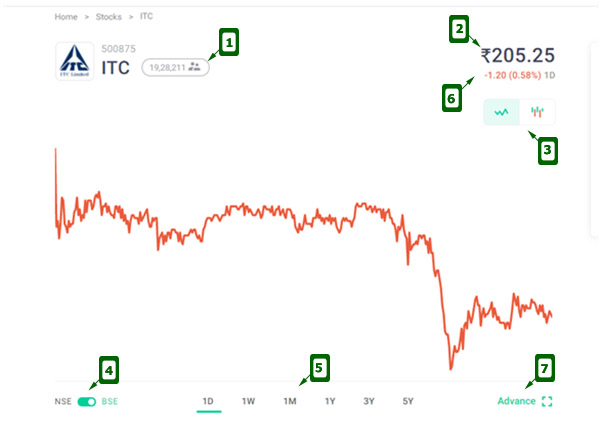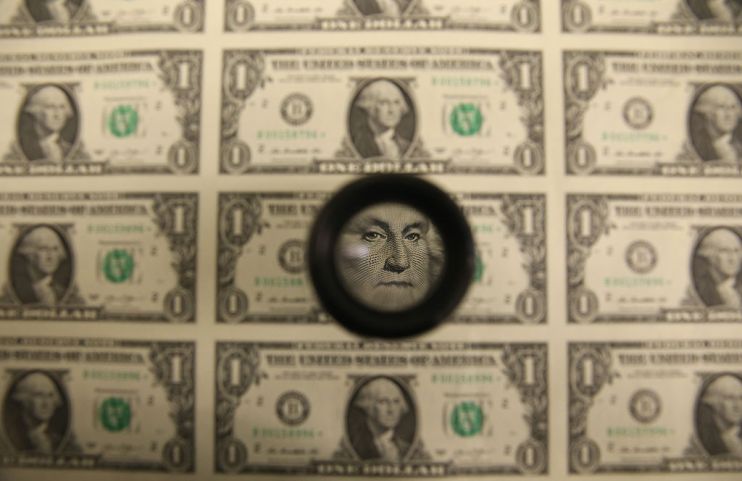Top x Anakin Skywalker Moments Anakin Skywalker is i of the most consequential characters in …
Oak Tree Vs Maple Tree: Which Is Better?
Introduction When it comes to choosing between an oak tree and a maple tree, there are several factors that come into play. Both trees are popular options for homeowners and landscapers alike, but they have different characteristics that make them unique. In this article, we will compare the oak tree …
Read More » RosyandBo.com Trusted Information and Education News Media
RosyandBo.com Trusted Information and Education News Media



























